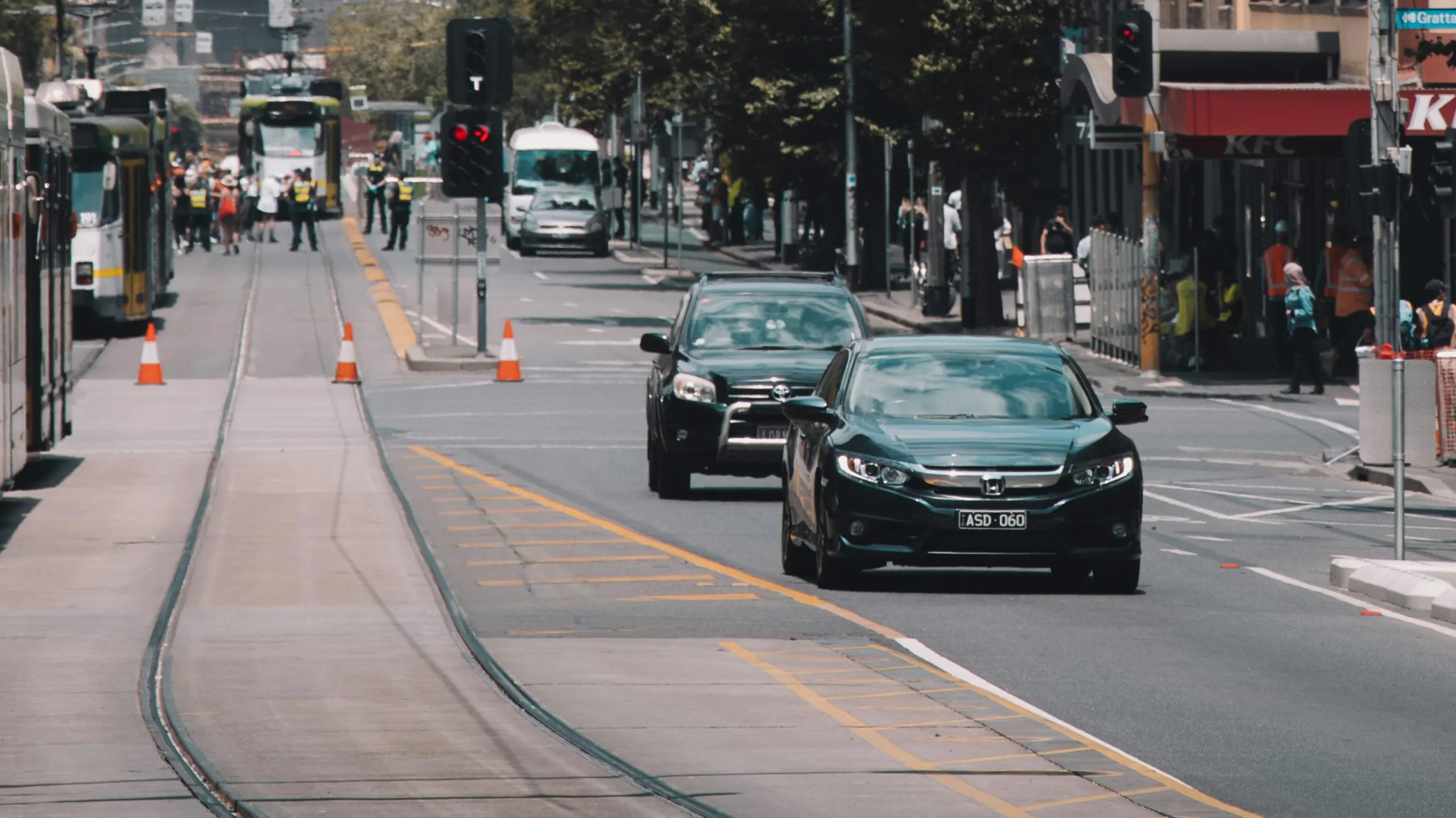Deciding whether to rent or buy a car in Australia is a common dilemma for expats. The choice depends on factors such as your length of stay, budget, and driving needs. Both renting and buying have their advantages and drawbacks, and understanding these can help you make an informed decision. This guide explores the pros and cons of each option, helping you determine what’s best for your circumstances.
Renting a Car
Renting a car is a flexible option, especially for short-term needs or those who prefer not to commit to vehicle ownership.
Advantages of Renting
- Flexibility
Renting allows you to choose a car based on your needs at any given time. You can switch between compact cars, SUVs, or luxury vehicles depending on the occasion. - No Long-Term Commitment
Rentals are ideal for expats who are unsure of their stay duration or who plan to move frequently. - All-Inclusive Costs
Rental fees often include insurance, registration, and maintenance, eliminating additional expenses. - Convenience
Renting saves you from dealing with paperwork for ownership, such as registration or roadworthy certificates.
Disadvantages of Renting
- Higher Costs Over Time
Renting can be significantly more expensive than owning a car if used for extended periods. Daily or weekly rates can add up quickly. - Limited Customisation
You can’t personalise or modify a rental vehicle to suit your preferences. - Usage Restrictions
Rental agreements often include mileage limits or geographic restrictions, which can be inconvenient for long trips.
Buying a Car
Buying a car is a better option for expats planning to stay in Australia for an extended period or those who need frequent access to a vehicle.
Advantages of Buying
- Cost-Effectiveness Over Time
Owning a car is more economical than renting if you drive regularly over a long period. - No Usage Restrictions
You have complete freedom to use the car as you wish, without mileage caps or area restrictions. - Equity
When you buy a car, you own an asset that you can sell later, recouping part of your investment. - Personalisation
Ownership allows you to customise the car to suit your needs, such as installing accessories or upgrading features.
Disadvantages of Buying
- Upfront Costs
Buying a car requires significant upfront investment for the purchase price, registration, and insurance. - Ongoing Expenses
Owners are responsible for maintenance, repairs, and depreciation costs. - Commitment
Selling a car can take time and effort, especially if you need to leave Australia quickly.
Cost Comparison
Here’s a general cost comparison between renting and buying:
| Expense | Renting | Buying |
|---|---|---|
| Initial Cost | Low (Deposit or first payment) | High (Purchase price, stamp duty) |
| Ongoing Cost | High (Daily/weekly fees) | Moderate (Fuel, maintenance, insurance) |
| Insurance | Included in rental fees | Paid separately |
| Maintenance | Included in rental fees | Paid by owner |
| Flexibility | High | Low |
For short-term use, renting is usually more cost-effective, while buying is more economical for long-term use.
Factors to Consider
- Length of Stay
- Short-Term (Up to 6 Months): Renting is often more practical, as it eliminates the hassle of buying and selling a car.
- Long-Term (6+ Months): Buying is usually more cost-effective for extended stays.
- Driving Needs
- For frequent or long-distance driving, owning a car provides greater convenience and freedom.
- Occasional drivers may find renting more economical.
- Budget
- Renting spreads costs over time but can become expensive for prolonged use.
- Buying requires upfront investment but offers long-term savings.
- Flexibility
- Renting is ideal for expats unsure about their future plans or who move frequently.
- Buying suits those seeking stability and long-term use.
The decision to rent or buy a car in Australia depends on your personal circumstances, including how long you plan to stay, your budget, and how often you’ll need a vehicle. Renting offers flexibility and convenience for short-term needs, while buying is a better choice for long-term use and cost savings. By evaluating your priorities and exploring alternatives, you can find the right solution for your transportation needs Down Under.


